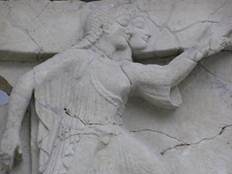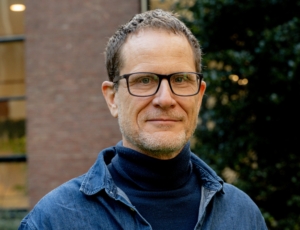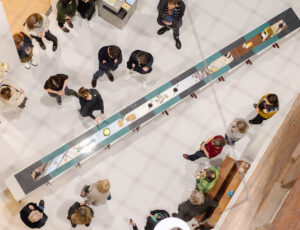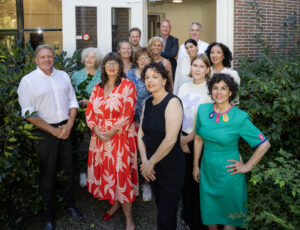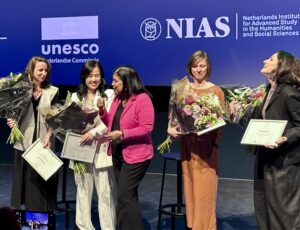About the Seminar
The idea of romanità (Romanness) is usually associated with the fascist era in Italy. After all, Mussolini himself had chosen Augustus as a shining example for the creation of a new ‘Roman’ / Italian Empire. Romanità, however, has firm roots in the 19th century and is connected to Italy’s unification, the Risorgimento. The ancient Romans were presented as the common ancestors of all citizens of the new Italian kingdom. This became the dominant grand narrative about Italy’s ancient history, serving a contemporary goal: the creation of Italians. No wonder that the Greek past and the material culture of the Greeks, who had settled in South Italy from the 8th century BC onward, were largely – and deliberately – neglected in the 19th and early 20th centuries. It was the glory of Rome that had to be celebrated, leaving little room for other interpretations. Nevertheless, even in the heyday of fascism private initiatives were taken to challenge the biased way in which archaeology was used and abused for contemporary political agendas.
About the Speaker
Nathalie de Haan is Assistant Professor of Ancient History at Radboud University Nijmegen and currently at NIAS as a fellow, to do research on archaeological research and ideas about ‘cultural citizenship’ in fascist Italy in the 1920s and 1930s.
